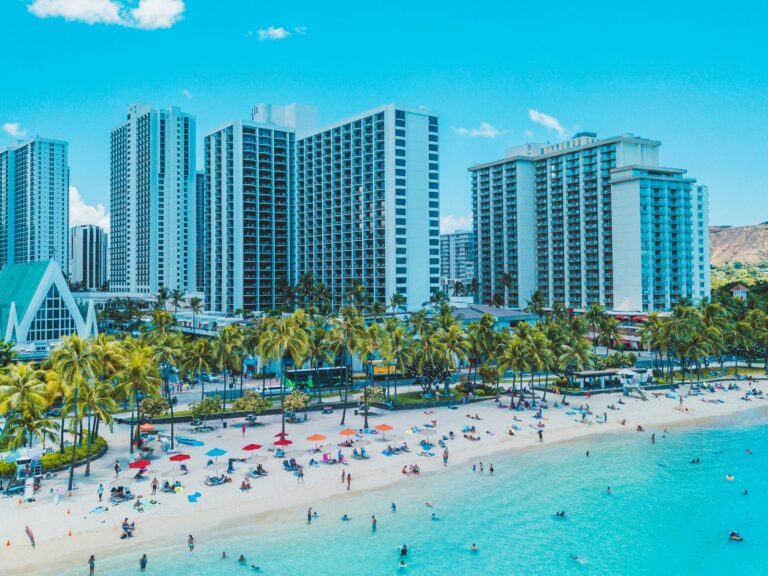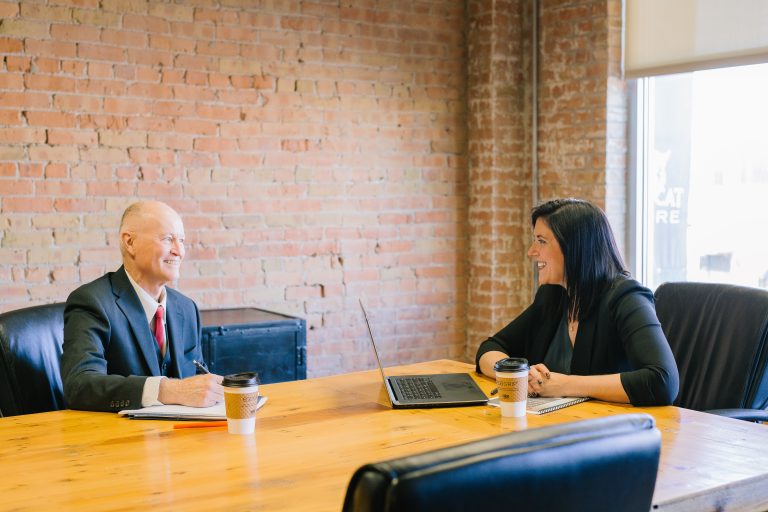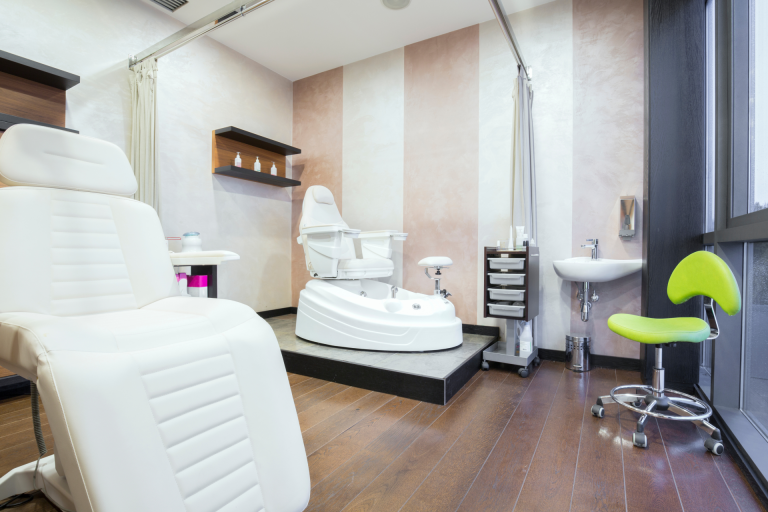Sole proprietorships are unincorporated businesses owned and run by one person. When someone decides to structure a business as a sole proprietorship, there is no legal distinction between the owner and the legal entity.
Does Florida law require sole proprietors to obtain business licensing to conduct business in the state? Read on to find out.
Do I Need a Business License for a Sole Proprietorship in Florida? – In Detail
Similar to other business structures, sole proprietorships need to comply with the applicable licensing requirements to operate in Florida.
There is a variety of licenses and permits applied to sole proprietorships. If you want to identify which licenses are required for your business and ensure full legal compliance with licensing law, immediately consult with an expert attorney.
Local Licenses and Permits
Florida law does not require a statewide business license, but cities and counties across the state often have local rules requiring sole proprietors to file for a general business license. Also known as a “business tax receipt,” this license is necessary for any business providing goods or services to the public.
Sole proprietors must also obtain a seller’s permit, whether they are retailers or focused on wholesale. This license is also referred to as a “sales tax permit” or “sales and use tax permit,” allowing sole proprietors to collect taxes on products and services and remit them to the state.
Professional Licenses
Depending on the goods or services provided by sole proprietors, the entrepreneur must apply for a license with a regulatory body.
The Florida Department of Business and Professional Regulation (DBPR) is responsible for regulating and licensing 35 categories of professionals and businesses within the state.
Examples of activities regulated by this branch of the executive government include engineering, cosmetology, barber shops, contractors, real estate agencies, and home inspectors.
Another important licensing department is the Florida Department of Agriculture and Consumer Services (FDACS).
In addition to the agriculture industry, this department is responsible for regulating an extensive list of activities, including gambling, regulating private investigation, private security, and food handling-related licenses.
If you are a trainer, dietician, massage therapist, or any professional in the health segment, you must apply for licensing with the Florida Department of Health.
Zoning Licenses and Permits
Zoning laws vary significantly across the state of Florida. If a sole proprietorship is located in a certain city or county, the company must comply with all local regulations associated with building permits and zoning licenses.
Federal Tax ID
The Internal Revenue Service (IRS) has strict requirements to ensure business owners file their taxes correctly, including a unique tax identification number for each company registered nationwide.
This federal tax ID is the Employer Identification Number (EIN), a nine-digit number issued and controlled by the IRS for tax purposes.
Sole proprietors who do not have employees do not need to apply for an EIN, as the owner can file taxes using his or her Social Security number. Conversely, sole proprietorships that want to hire employees must register with IRS to obtain an EIN.
Do You Need Expert Assistance to Navigate Florida Licensing Law? – Immediately Contact Jurado & Associates, P.A.
Waste no time – rely on the guidance of a well-versed licensing attorney from Jurado & Associates, P.A. by calling (305) 921-0976 or emailing [email protected] to schedule a consultation.






